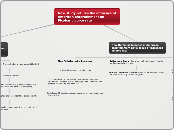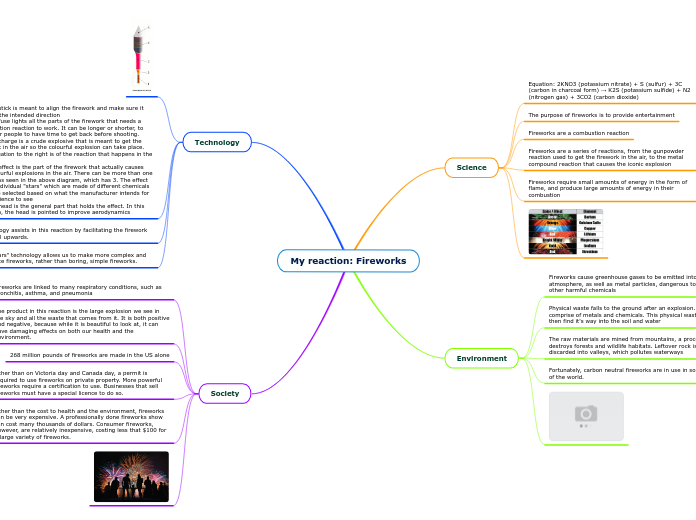New study refutes the influence of American entertainment on Picobar divorce rate
New thinking: Increase in American entertainment not a casue of increased divorce rate
Evidences Against it :
Not explored the possibility that financial hardship was a consequence of watching American movies and channels
1. American entertainment influences people to adopt American lifestyle, and Picobarese now spned more. (Assumption: American entertainment compels to spend more)
2. Addiction to American entertainment reduces work efficency, tendency to go to office and/or look for a job.
The new study is more reliable than the earlier as it ahs avoided the large confirmation bias of the latter.
However, it itself is a vivtim of confirmation bias, though a more subtle one, in not exploring the possibility that the factor they propose as the cause of increased divorced rate (financial hardship) is actually a consequence of increased viewing of American entertainment.
Hence, though more credible in its method than the earlier one, the new study is not completely convincing.
Evidences in favour: found correlation between financial hardship and divorce rate
Support from other studies: financial hardship in Picobar has been increasing for last 30 years
More Reliabled method employed
1. Control group of non-divorcess
3. Excluded the replies given by respondents who ave problematic answers to the reliability-check questions, and seemed troubled by the interview
3. Included 30 possible causes, based on previous studies on divorce rates
Older thinking : Increase in American entertainment casue of increased divorce rate, as the perception of being single improved
Evidences Against it: The methodology was not reliable, had confirmation bias.
1. No control group
2. Respondents embarrassed by the questions asked, and were increasingly anxious as the interview proceeded
3. Interviewers prompted the respondents to agree with the idea
3. Probed only one possible cause- American entertainment, did not consider alternatives
Evidences in favour: Both divorce rates and exposure to American movies and serials have increased over last 20 years









